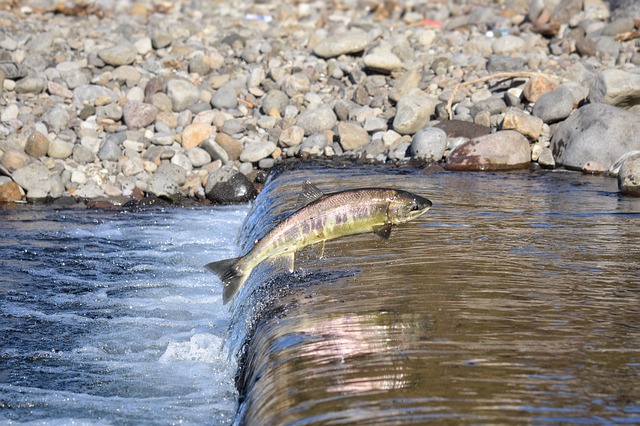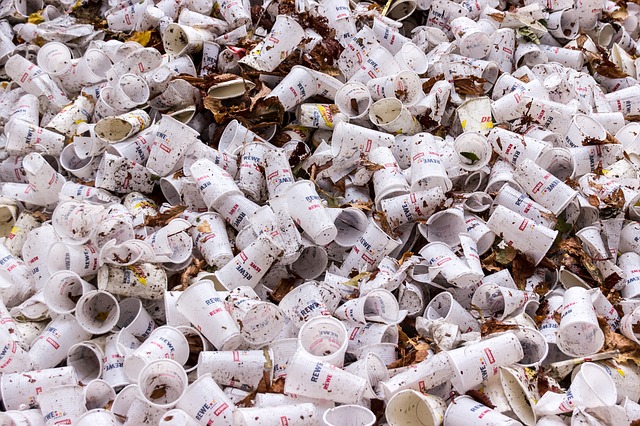INTRODUCTION
People that live nearby the water body usually depend on fish species for livelihood and food sources. But nowadays, urban and fertilizers runoff, industrial effluents, etc are being discharged into water bodies. These activities are polluting the water, degrading drinking water quality as well as causing problems for species inhabiting the freshwater body.
WHAT ARE TRACE METALS?
Trace metals are also known as heavy metals. It is said that excess of everything is bad. This phrase is true in sense of consuming heavy metals. Our body only needs a small concentration of metals as micronutrients. If this concentration in the body exceeds the desired limit then it becomes poison for the living organisms.
You may like to read Environmental Impact of Heavy Metal Pollution in Pakistan
BIOACCUMULATION OF TRACE METALS IN FISH
The accumulation of heavy metals in fish species is known as bioaccumulation. Fish species store heavy metals in their body and any human who feeds on such fish species is unknowingly becomes a victim of trace metal poisoning. T trace metal pollution disturbs the food hierarchy and becomes part of the food chain. Not only humans but if any animal is feeding on such fish species may also experience health problems.
Check out Bioaccumulation of Heavy Metals in Fish from Karachi Coast
NEW RESEARCH DISCOVERS HIGH LEVELS OF CARCINOGENIC HEAVY METALS IN CHENAB
Published research has reported the highest level of trace metals found in fish species of Chenab River. Assessed trace metals from different species from Chenab River include arsenic, cadmium, zinc, nickel, chromium, lead, cobalt, and copper. The data has shown that trace metals such as arsenic have been found in the highest concentration when compared with international permissible standards. Other trace metals were found in limited concentration
It was stated in the research that herbivores fish species from Chenab River showed the highest levels of arsenic as compared to carnivores.
Check out Fish turn into Zombies by Antidepressants Fluoxetine
WHY EATING FISH FROM CHENAB RIVER CAN BE DEADLY?
Now many might think of asking questions like why eating fish from the Chenab River can be deadly?
The accumulation of trace metals in fish makes it unfit for human consumption, especially when the accumulation level is exceeding the permissible standards. This is exactly what has been reported by the research. These trace metals are carcinogenic if consumed in higher concentrations for a longer period of time. People who are consuming fish from the Chenab River more often might face serious health complications. These trace metals do not degrade but start accumulating in body tissues that eventually lead to various body organs damage.
HEALTH RISK ASSOCIATED WITH HIGH LEVELS OF TRACE METALS EXPOSURE
Trace metals are not toxic in lower concentrations. But long term exposure to the same trace metals can pose serious health risks. The possible health risks associated with trace metals exposure include liver damage, cancer, and in some cases death.
AN ALARMING SITUATION!
The presence of trace metals in fish species from the Chenab River also indicates that the water is contaminated with heavy metal pollution. Pakistan is already having water scarcity issues and it might become a water-scarce country in the future if adequate measures are not taken to prevent water shortage.
Read: Endemic or Native Fish Species of Pakistan
CONCLUSION
Water pollution comes under this heading because if water is contaminated then the freshwater and marine organisms are also exposed to contaminants. The government and relevant authorities should take immediate actions for water conservation and cleanup. Protecting water bodies from industrial and agricultural effluents is a must. People should be made aware of the health risk associated with fish species that live in contaminated water bodies.
Also check out: What’s Biomanipulation? Importance, Advantages, Disadvantages
I hope you all liked this post! Please comment below if you have any suggestions, comments, or feedback! We at #envpk love hearing from our readers! Thanks!




